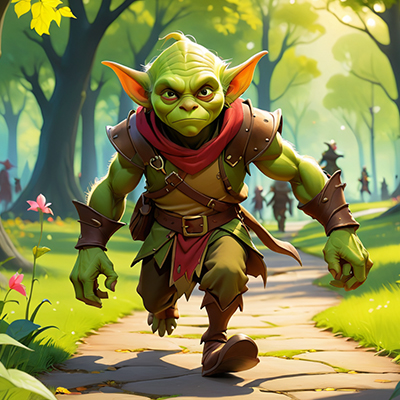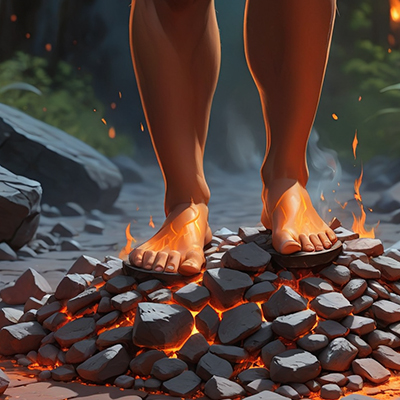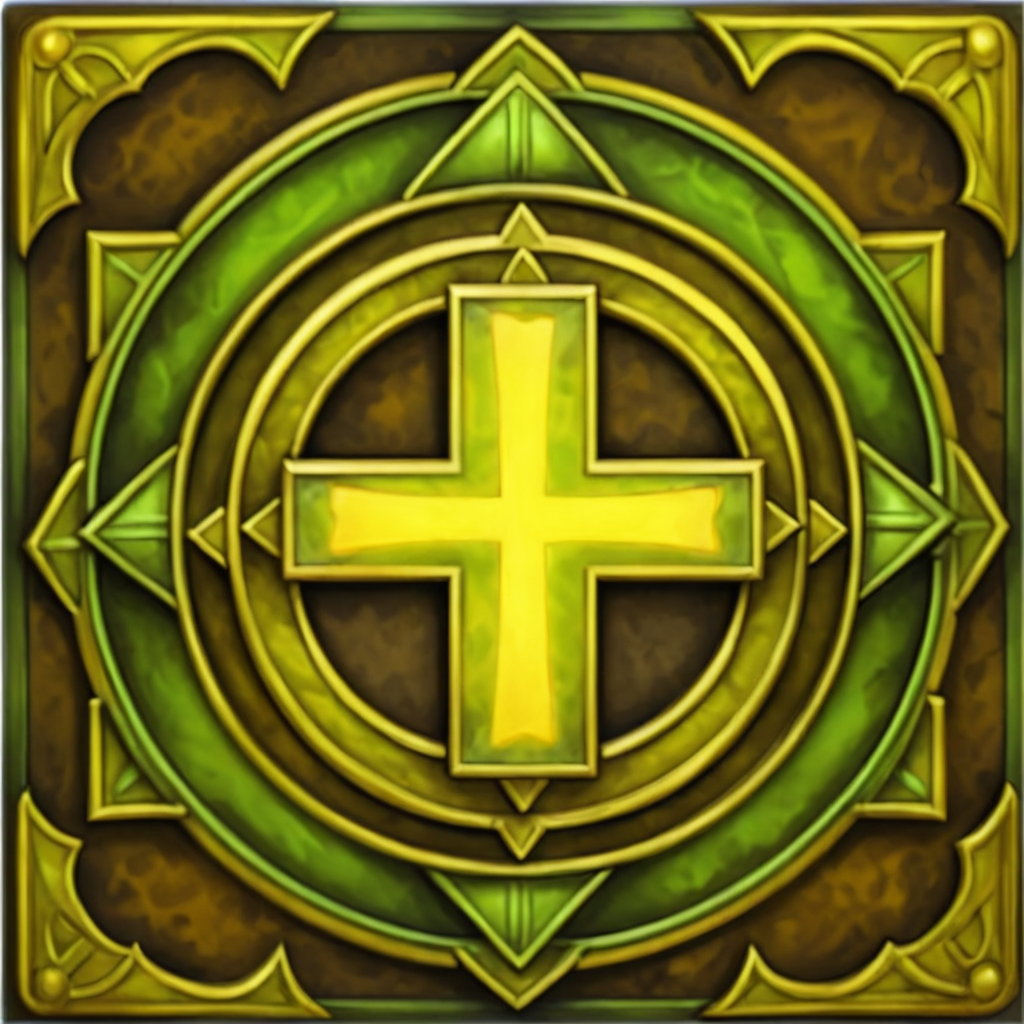Skill traits

Progress
The result of the d20 roll when using any of the skill traits not only determines the success of the specific situation but also impacts your progress in developing that particular trait. If you roll a natural one or twenty, you earn one star out of a possible five. Once you collect five stars, you can increase the level of that trait by one point.
The reasoning behind gaining a star on a roll of one or twenty is rooted in the idea that we often learn the most from either our failures or our successes.

If you find yourself in a situation requiring any of the maneuvers listed below, you’ll need to roll a d20 to determine your success. The difficulty, as decided by the Game Master, will dictate the outcome based on the corresponding criteria from the list provided. The consequences of success depend on the role. If you roll a critical success, you completely avoid the obstacle. If you succeed but not critically, you partially avoid it. However, if you experience a total failure, the GM may introduce even more challenges for you.

Total Failure
1

A walk in the park
7

Walking on eggshells
10

Dancing on hot coals
13

Walking a maze blindfolded
16

Walking through a minefield
19

Guaranteeing success
20
When attempting a special maneuver that requires rolling a d20, you are limited to a single roll for that specific situation. You may attempt the maneuver again at a later time, as determined by the GM. The GM will decide the appropriate interval before another attempt is allowed, which could range from a day to longer periods. To maintain game balance, consider allowing a new roll only after the character has had an opportunity to gain more experience or knowledge related to the situation.


STEALTH

THIVERY

DECEPTION

INTIMIDATION

CRAFTING

SURVIVING

NATURE

MEDICAL

ATHELETICS

ACROBATICS

AQUATICS

DIPLOMACY

SOCIETY

REFLEX

BLOCK

ARCANA

STEALTH
- Description: The ability to move silently, avoid detection, and remain hidden from enemies. Stealth relies on agility and caution, making it a staple for sneaky characters like rogues.
- Example: As you crouch low, slipping from shadow to shadow in a moonlit castle corridor, the guards’ footsteps grow louder. A failed Stealth check might alert them to your presence, while success lets you slip into the treasure room unnoticed.
To the top


THIVERY
- Description: Expertise in picking locks, disabling traps, or subtly manipulating objects without being noticed. This skill is often tied to sleight-of-hand techniques and rogue-like ingenuity.
- Example: After spotting a glint of gold on the nobleman’s waist, you decide to swipe his coin pouch during a bustling market scene. With a successful Thievery check, the coins are yours—fail, and you’re facing the city guard.
To the top


DECEPTION
- Description: The art of lying, bluffing, or otherwise misrepresenting the truth. Deception can involve disguising yourself, fabricating stories, or convincing others to believe your lies.
- Example: Dressed as a city official, you approach a suspicious gatekeeper, claiming you’re on an urgent mission from the king. A successful Deception roll ensures your entry, while failure might mean imprisonment—or worse.
To the top


INTIMIDATION
- Description: Using fear, threats, or overwhelming presence to bend others to your will. Intimidation can be physical, verbal, or based on your reputation.
- Example: After slamming your sword into the table, you lean in close to the tavern brawler and growl, “Tell me where your leader is hiding, or you’ll regret it.” Success forces them to talk, but failure might lead to a fight.
To the top


CRAFTING
- Description: The creation of items, weapons, armor, or magical objects using tools, resources, and know-how. Crafting often requires time and access to specialized materials.
- Example: With your forge roaring and a hammer in hand, you carefully shape a blade to match the specifications of your latest quest—a silver longsword designed to banish a haunting wraith. A failed Crafting check results in a flawed product, while success ensures a reliable weapon.
To the top


SURVIVING
- Description: The ability to endure harsh conditions, find food and water, and navigate the wilderness. This skill is vital for adventurers exploring untamed lands or escaping danger in the wild.
- Example: Stranded in a frozen tundra, you use Survival to build a fire, forage for edible plants, and find shelter before the deadly night sets in. Failure could mean frostbite—or worse.
To the top


NATURE
- Description: Knowledge of the natural world, including plants, animals, weather, and ecosystems. It often involves recalling lore or interacting with creatures and environments.
- Example: As a druid examines the soil and sky, they deduce a storm is coming within the day. They also recognize strange tracks in the mud as belonging to a basilisk, allowing the party to prepare for an ambush.
To the top


MEDICAL
- Description: The ability to diagnose and treat injuries, diseases, and other ailments. This skill is vital for stabilizing dying allies or providing long-term care.
- Example: After your companion is struck down by a venomous spider, you rush to their side, using a Medical check to administer antitoxin and bandage their wounds. Success stabilizes them; failure risks their life.
To the top


ATHELETICS
- Description: The ability to perform physically demanding feats involving strength and endurance, such as climbing, swimming, or grappling.
- Example: With the bridge collapsing behind you, you sprint and leap across a massive gap. An Athletics check determines whether you land safely or tumble into the ravine below.
To the top


ACROBATICS
- Description: Skill in balance, agility, and flexibility, often used to perform daring stunts or evade danger.
- Example: While balancing on a narrow rope above a roaring waterfall, you maintain your footing and even perform a graceful flip to dodge a volley of arrows.
To the top


AQUATICS
- Description: Expertise in swimming, holding your breath, and moving efficiently underwater. This skill is crucial for aquatic adventures or dealing with water hazards.
- Example: As you dive into a submerged ruin, your Aquatics skill allows you to swim against strong currents, locate a hidden treasure chest, and avoid a lurking sea monster.
To the top


DIPLOMACY
- Description: The art of negotiation and persuasion to resolve conflicts peacefully or win others to your side.
- Example: At the king’s court, you deliver a passionate speech to convince warring factions to unite against a greater threat. A successful Diplomacy check secures an alliance; failure leads to further discord.
To the top


SOCIETY
- Description: Knowledge of social structures, customs, and the nuances of law and governance. Society helps characters navigate political intrigue or blend into urban environments.
- Example: When attending a royal ball, your Society skill helps you identify influential nobles, avoid offending local customs, and gain insight into ongoing political rivalries.
To the top


REFLEX
- Description: The ability to react quickly to danger, often determining success in dodging attacks, traps, or other hazards.
- Example: As the floor beneath you suddenly gives way, a Reflex save allows you to leap to safety. Failure means plummeting into a pit of spikes.
- In any event where the order of outcomes is crucial, the GM may determine the sequence based on the participant with the highest reflex roll.
To the top


BLOCK
- Description: The use of shields, weapons, or other techniques to parry or absorb incoming attacks.
- Example: In the heat of battle, you raise your shield just in time to deflect a charging orc’s axe. A successful Block reduces damage, while failure leaves you exposed.
To the top


ARCANA
- Description: Knowledge of magic, spellcasting, and the supernatural. This skill is used to identify magical effects, artifacts, or creatures.
- Example: As your party stumbles upon an ancient runestone, you use Arcana to decipher its enchantment. A successful check reveals it’s a teleportation sigil; failure risks activating a dangerous curse.
To the top

